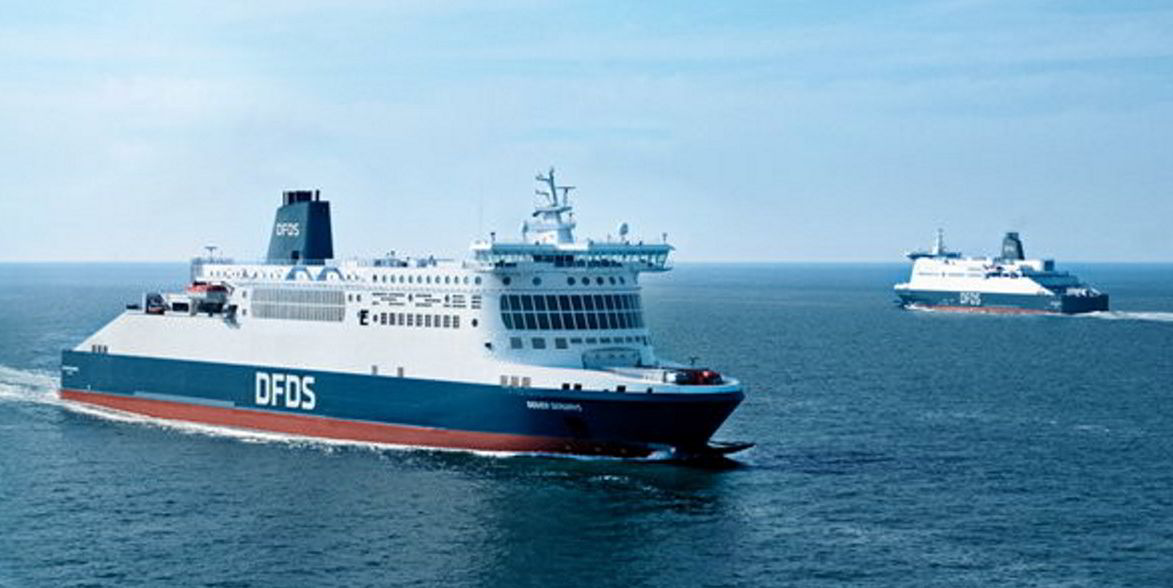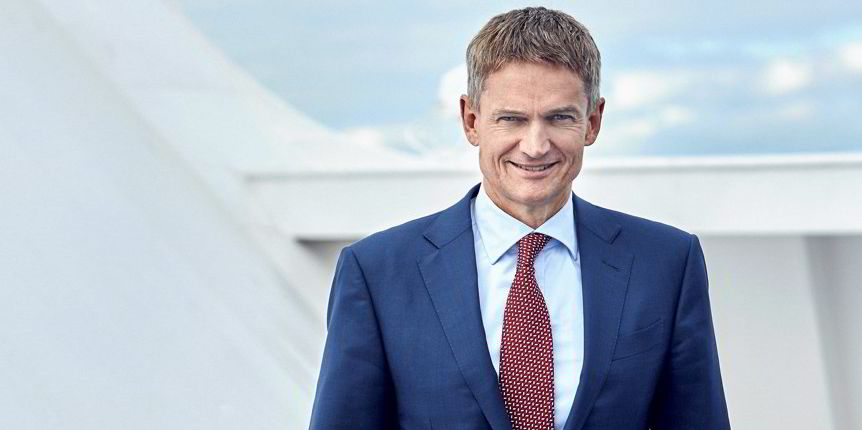Danish ferry and roro operator DFDS has said it could build a dedicated hybrid electric vessel if it wins a tender to provide services to and from the Channel Islands.
The two islands of Guernsey and Jersey have announced the intention to launch a tender for services when the incumbent operator’s licence runs out in March 2025.
Currently Condor Ferries has that licence and runs services between Guernsey and Jersey as well as between the Channel Islands and St Malo and Cherbourg in France and to Portsmouth and Poole in the UK.
Condor Ferries is partly owned by Brittany Ferries.
Details of the conditions of the new tender, such as routes, vessel types or emissions limits, have not yet been revealed by the Guernsey or Jersey governments, other than it will be for freight and passenger services.
It is not known if other ferry operators will make a bid to win the tender.
As part of its bid to win the tender, DFDS has asked Tasmanian ferry maker Incat to conduct a design study on a 72-metre long hybrid-electric vessel it could deploy for the Channel Islands.
The company said it would ask for the design to enable the vessel to be converted to fully electric should electricity charging infrastructure become available in the ports.
DFDS also said it was a design for a vessel to run between the Channel Islands and France, although the framework for the design study given to Incat would change as more details of the tender requirements become known.
Earlier this year a larger DFDS ro-ro vessel, the 163-metre long, 8,702-dwt Finlandia Seaways (built 2000) undertook a berthing trial in the islands.
DFDS chief executive Torben Carlsen said “The hybrid electric ferry will be part of our vision for the future ferry solution for the Channel Islands. Electrification of shortsea routes is the future, and with the design study we can fast-track the green transition ushering in a new era of low-emissions maritime transport.
“This will not be easy. We need to ensure a sufficient power supply on land and infrastructure to accommodate recharging facilities in ports.”






